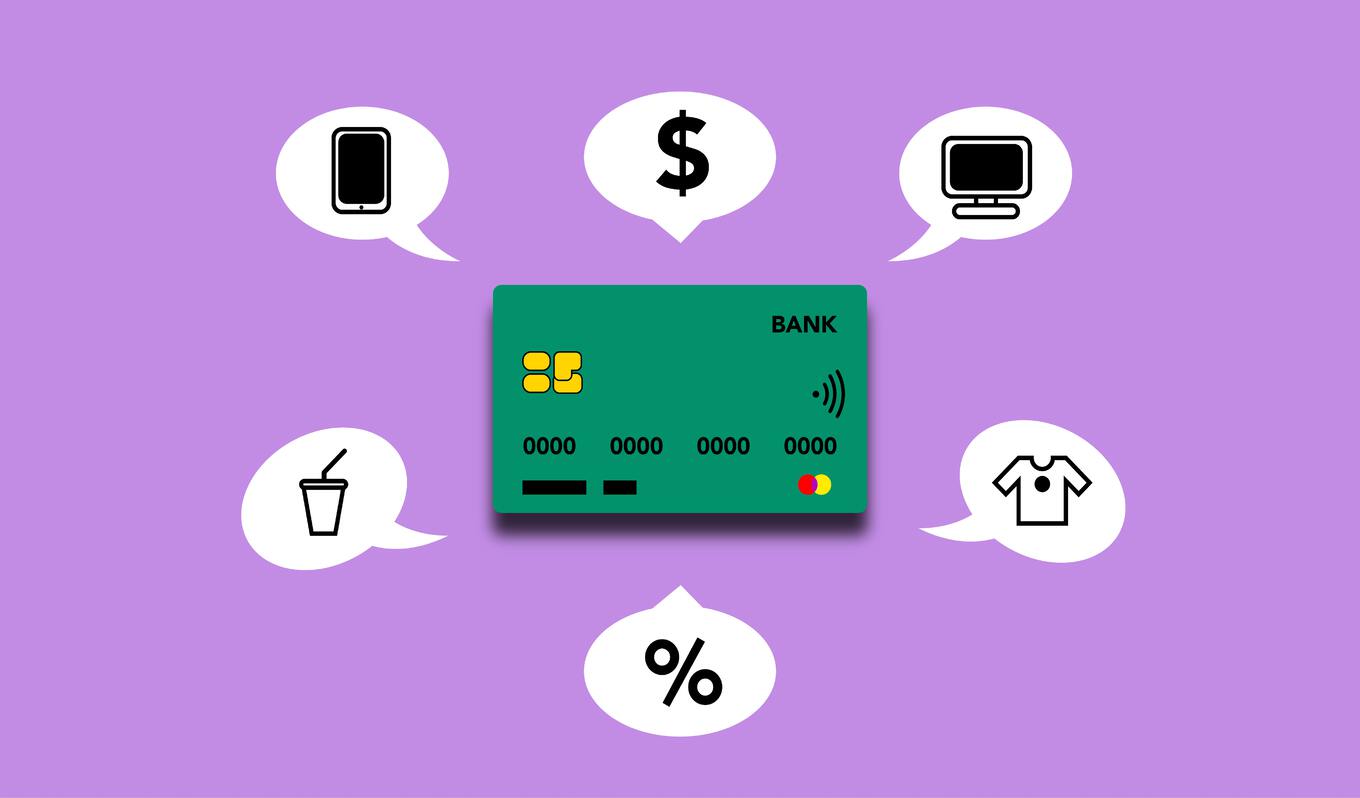
Financial independence, sometimes called FIRE (Financial Independence, Retire Early), is a goal sought by many people from all walks of life. But what does it mean to be financially independent? For some, it means having enough money to cover emergency expenses so that they never have to worry about the financial impact of things like healthcare or home and car repairs. Others see financial independence as a race to early retirement by earning passive income and increasing their net worth.
No matter what your age, or the goals you have, there are many strategies and approaches you can take on your journey to financial independence.
When striving to better your financial situation, your mentality is almost as important as the strategies you pursue. Mentality dictates how you handle things such as risk, how you save money, and even the types of goals you’re going to set for yourself.
One thing that consistently leads to financial independence is getting comfortable with living below your means during both the short and long term. Reducing your spending and avoiding excess will give you the boost you need to build your savings and put that money towards investments or emergency funds.
Before putting your strategies into practice, you need to change your money mindset towards safer spending habits. Living below your means involves getting comfortable with the idea of staying away from expensive purchases as much as you can in exchange for putting that money towards savings.
Financial freedom is something to enjoy. Although you will need to live below your means for a good portion of your life, most of your sacrifice should come in the short term. Getting started on your journey towards financial independence is the most challenging part, so you should hit the ground running early on to enjoy its benefits in the future. This means that you will need to put in extra work during the first few years of your goal and save more than ever. However, this early head start will allow you to get the right mentality heading into your long-term goals.
Setting goals is the act of transferring your mentality into actionable strategies towards financial independence. When you set goals, always make sure they are SMART goals, meaning that they are:
Setting SMART goals will make you more likely to stick with them and achieve your desired outcomes. Furthermore, when developing these types of goals, focus on both the short and long term. Since it can be difficult to imagine your goals decades into the future, many people like to utilize helpful forecasting tools when preparing for long-term goals such as saving for an emergency fund, retirement, or buying a home.
By monitoring your finances, you’ll have a good idea of how much you spend and earn every month. This is a great way to start keeping track of a budget, which will help you prevent overspending and save as much as you can. Luckily, there are a few different options for tracking your spending. One way is by utilizing services offered by your bank. Some online banks allow for instant notifications and other easy ways to track your spending, so consider looking into the pros and cons of internet banks to decide if this is a good option for you. You can also use budgeting tools like PocketSmith to see how much you’re spending on different areas of your life, such as food, transportation, housing, and entertainment. If you feel outside of your element, you can always hire the help of a financial planner.
This is the act of “living below your means” put into practice. Your spending habits dictate how much you will be able to spend and save and prevent you from overspending. Habits take a long time to set in place, so try starting small with your goals and then working towards bigger ones. For example, if you’re trying to reduce your spending, set a goal of eating out at restaurants or ordering food only once a week. As time goes on, you can decide to cut back on other expenses like shopping or entertainment. Finally, since housing will be one of your most significant expenses, consider living with roommates or downsizing your space to reduce those costs.

Reducing your spending is just one side of the coin of financial independence. The other involves expanding how much you’re regularly earning. Combining these two strategies will allow you to build your wealth at a greater scale.
Whether you’re working full or part-time, side hustles are a great way of adding additional income to your monthly budget, which can be put towards wealth-building strategies such as saving money or investing. They’re such a popular way of boosting your income that 45% of Americans report having a side hustle of some kind. You can take on any variety of side hustles that will fit your schedule. Some people prefer working extra weekend shifts at a part-time job. Others like to take on freelance or gig jobs to set their own schedule and earn extra income when necessary. Additional options to get started would be taking on jobs like Uber, Doordash, or other delivery platforms, which allow you to choose when you work and earn extra income in your free time.
Passive income is a tried and true way to earn extra money. Passive income involves utilizing different strategies to make money with very little work. The two most common forms of earning passive income are:
Both strategies have their pros and cons, so consider what you’re looking for and your overall strategy to determine what works best for you.
Becoming financially independent is no easy task. However, with the right mentality, goal setting, and action planning, one can achieve financial independence at any age.
Banner image: Amanda Konyn, @amandakonijn